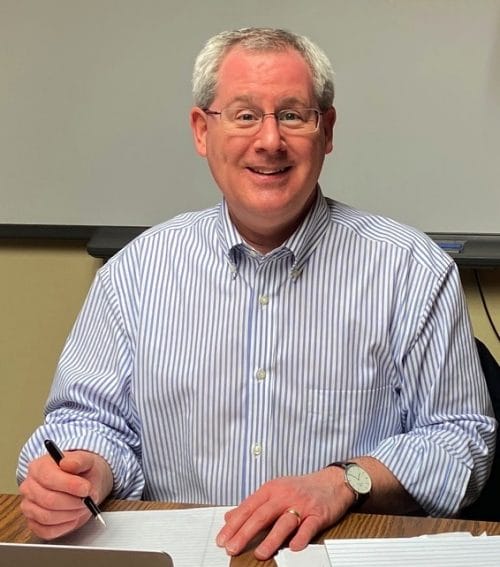My 8-year old son gets a weekly allowance when he does small chores around the house. If he wants something, then he uses his money. He has learned that money is earned through work; that when he has no money, he cannot magically get things he wants; and that if he borrows money from my wife or I, then he needs to repay it (no interest charged) while still doing his chores.
I learned when I was young firsthand these fundamental financial concepts. It is why I am fiscally responsible with my own money and especially with other people’s money. This does not mean that I do not spend any money. Rather, I thoughtfully decide how to spend it. I know the difference between spending money on things that are needed, spending money on things that are wanted and spending money on things that are outright frivolous. I save for future purchases and for retirement.
Government deficits and debt seem abstract to us, in part because the sums involved (millions, billions and trillions) give us headaches when we think of them. However, deficits and debt are real things and they have real consequences (good and bad) on our lives (and our children’s lives).
We know from our own personal finances that debt is not having too little revenue (income or taxes) but rather partaking in too much spending (costs): Spending > Income = Debt. If one has reserve cash, then the equation is Spending > Income = Deficit, as long as the reserve does not run out. When it does, the equation of Spending > Income = Debt holds true when borrowing is done to cover the deficit. We are aware also that when we borrow money, it comes with a cost: interest. If we are not careful, the interest debt grow larger. We know that ongoing debt payments leave less of our paychecks to spend on other things.
Government either ignores these facts or chooses flimflam budgeting to make the numbers magically work. The Government Accountability Office (GAO) and the Congressional Budget office (CBO) show the national debt standing at a staggering $16.37 trillion. The portion of this overall debt held by the public is 72% of our country’s gross domestic product (GDP). Foreigners hold half of our national debt, with China one of the largest creditors. Although Connecticut “balances” its budgets, our state’s debt burden is $63.1 billion, with the debt standing at 17% of the state’s GDP (the highest in the country), according to Barron’s magazine and other analyses.
Don’t get me wrong. Not all government spending and debt is bad. America has been debt-free only once, in 1835, when Andrew Jackson was president. When debt is held at sustainable levels, it helps fund things that only government can do, such as national defense, public safety, education, infrastructure, health/welfare and environmental stewardship. When some debt is paid off, some times new debt is taken on to continue finding important things, hopefully keeping the overall debt burden at a stable, reasonable level. Our local towns do this. Supreme Court Justice Oliver Wendell Holmes, Jr. is attributed to have said, “taxes are what we pay for a civilized society”. I do not like paying taxes, but I agree that taxation, when used carefully and spent wisely, is needed for the common good.
We must decide what are the core responsibilities of government. We must learn what are the true costs of the things we need and what we are spending on them. We must refocus, reprioritize and reclaim money that is being spent ineffectively. We must look at a realistic way of reining in spending, which is the real driver of our debt problems.
Closing tax loopholes and increasing taxes only go so far. Look at the recent federal income and other tax hikes, and the payroll tax increase. Look at Connecticut’s recent tax increases. Look at Connecticut’s past institution of the income tax and of casino revenue sharing. Yet, we still have deficit and debt problems. Taxation seems to have a way to hit the middle class even if the political sound bites talk of “taxing the rich”. The reality is that taxing the wealthy only brings in a certain amount of money, not enough to meet increasing government budgets and debt burdens.
We need to guide our long-term future so that economic vitality helps everyone by being what President Kennedy called “the rising tide that lifts all boats”, not merely relying upon government to redistribute money without truly creating opportunities for people to seek a better future for themselves and to benefit from their own hard work. We are living in an age of entitlement, but this is not necessarily an age of enlightenment.
The reality of life is that you cannot get everything that you want. Choices need to be made. The future has uncertainties. I know that collectively we can overcome the challenges before us – Americans have the drive, determination and the duty to do it. I don’t know if we are prepared to remember life’s financial lessons and bring into better order our federal and state fiscal standings. I hope we are ….. but you never know.

